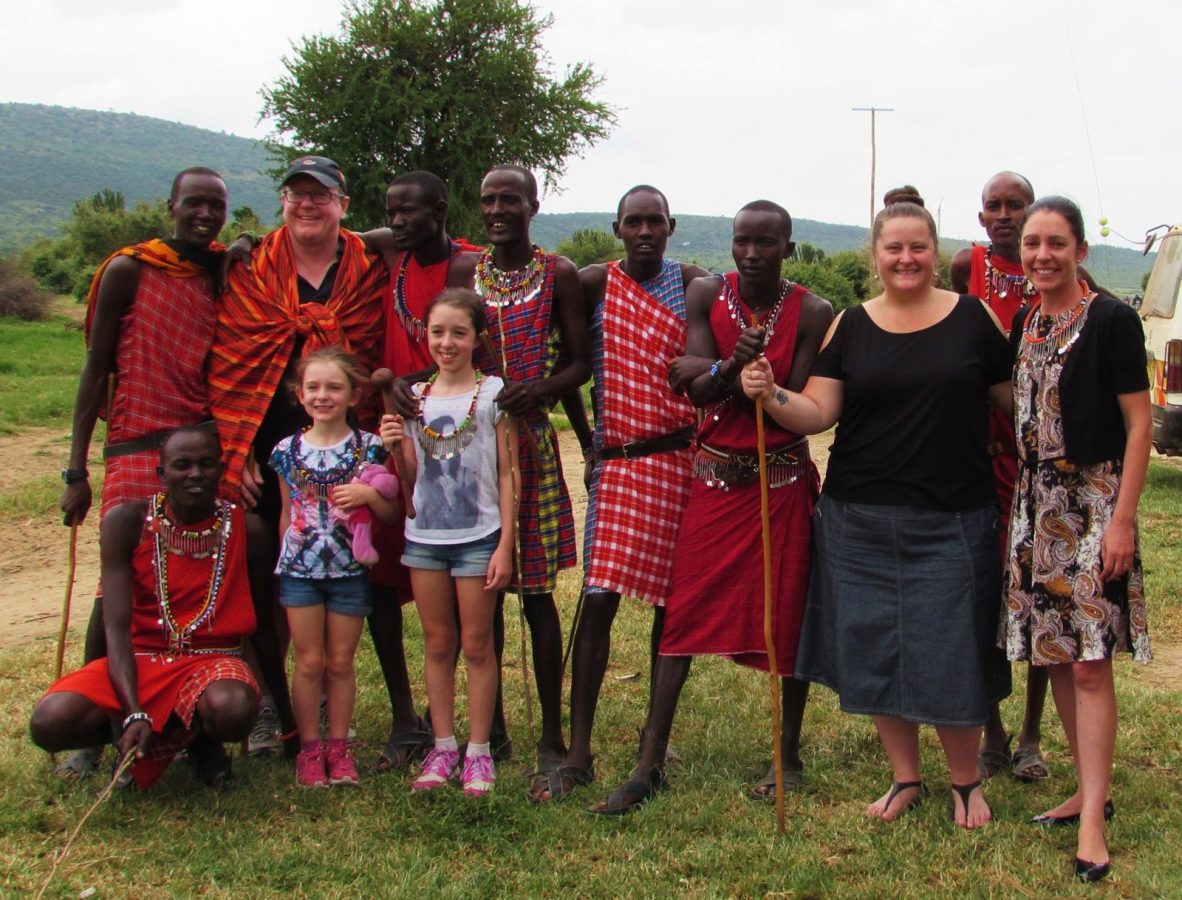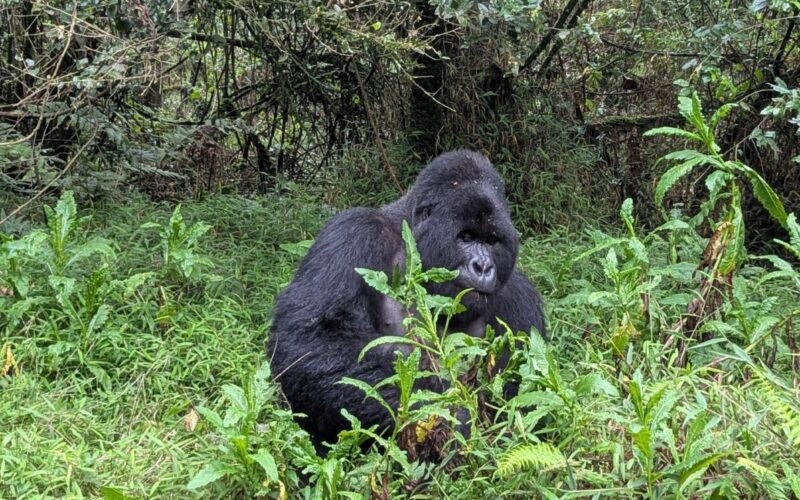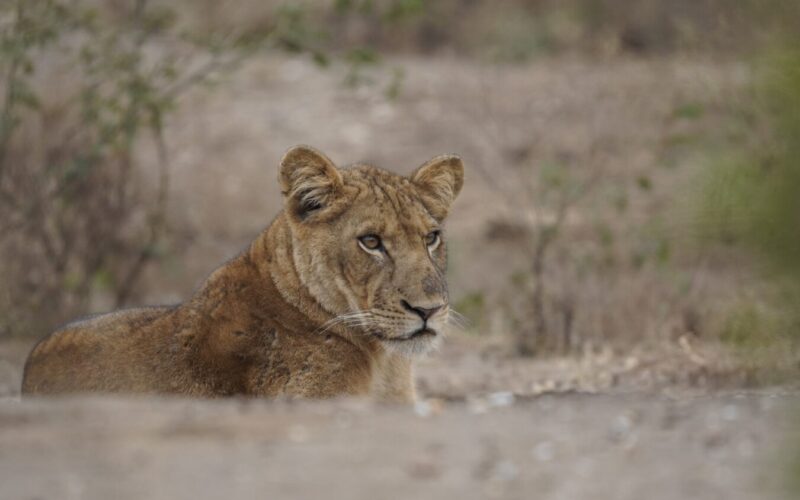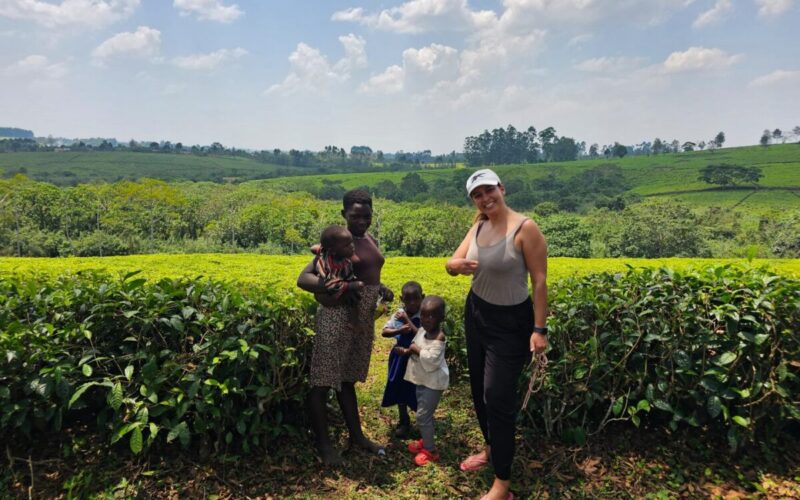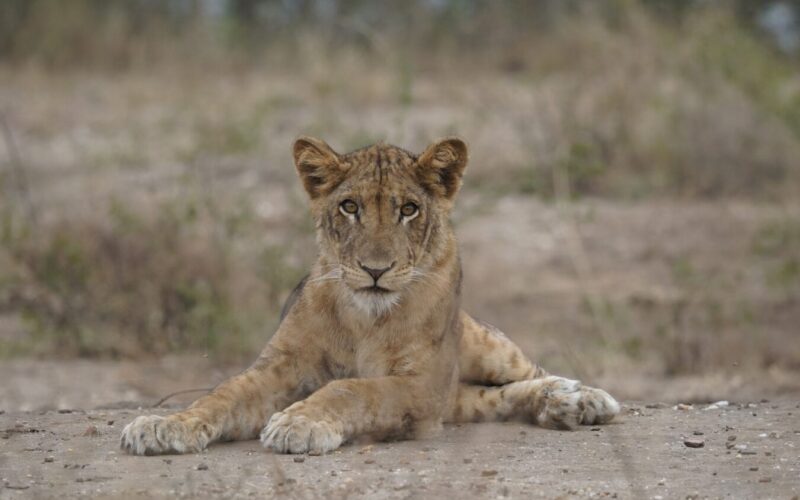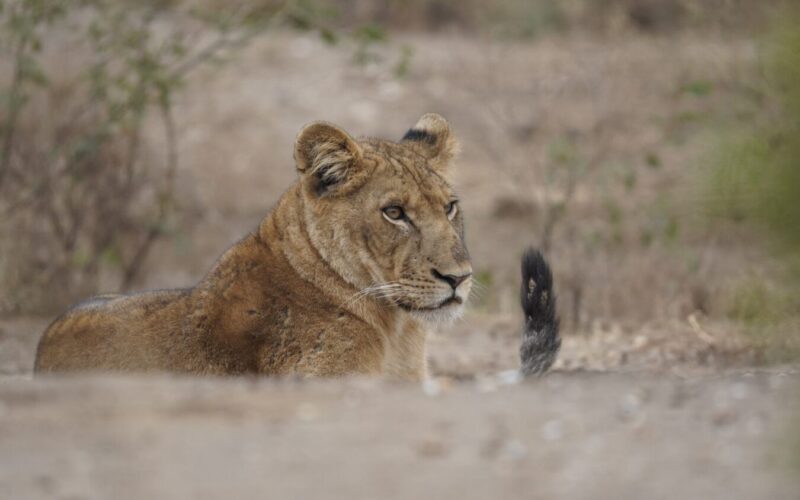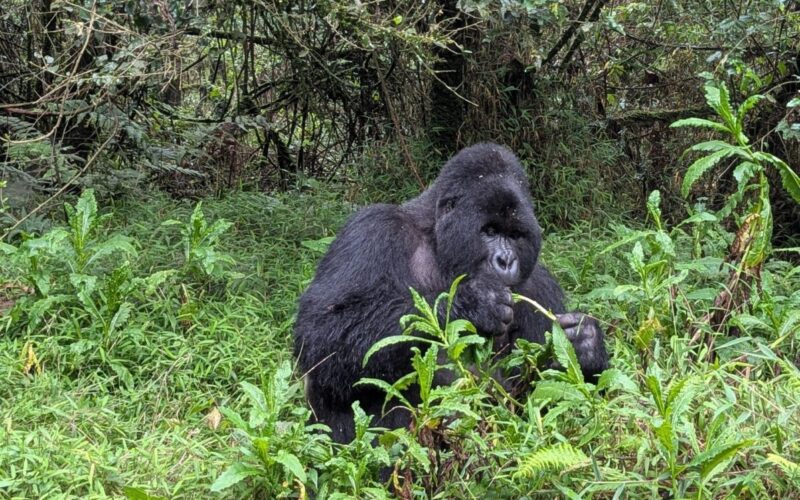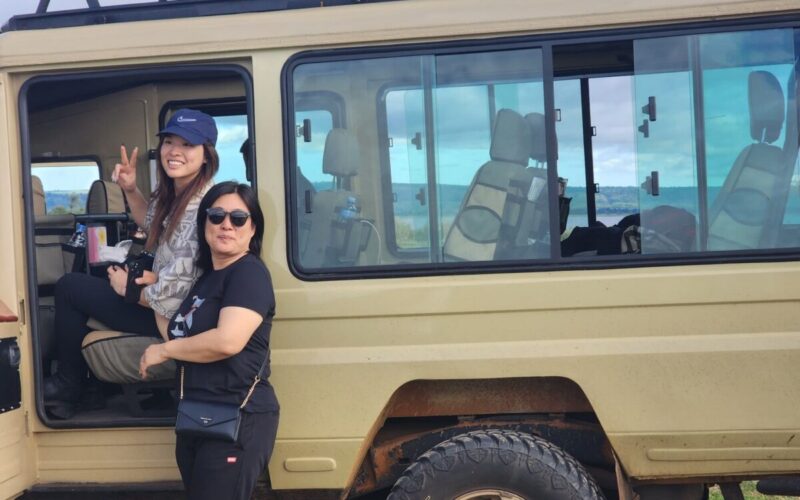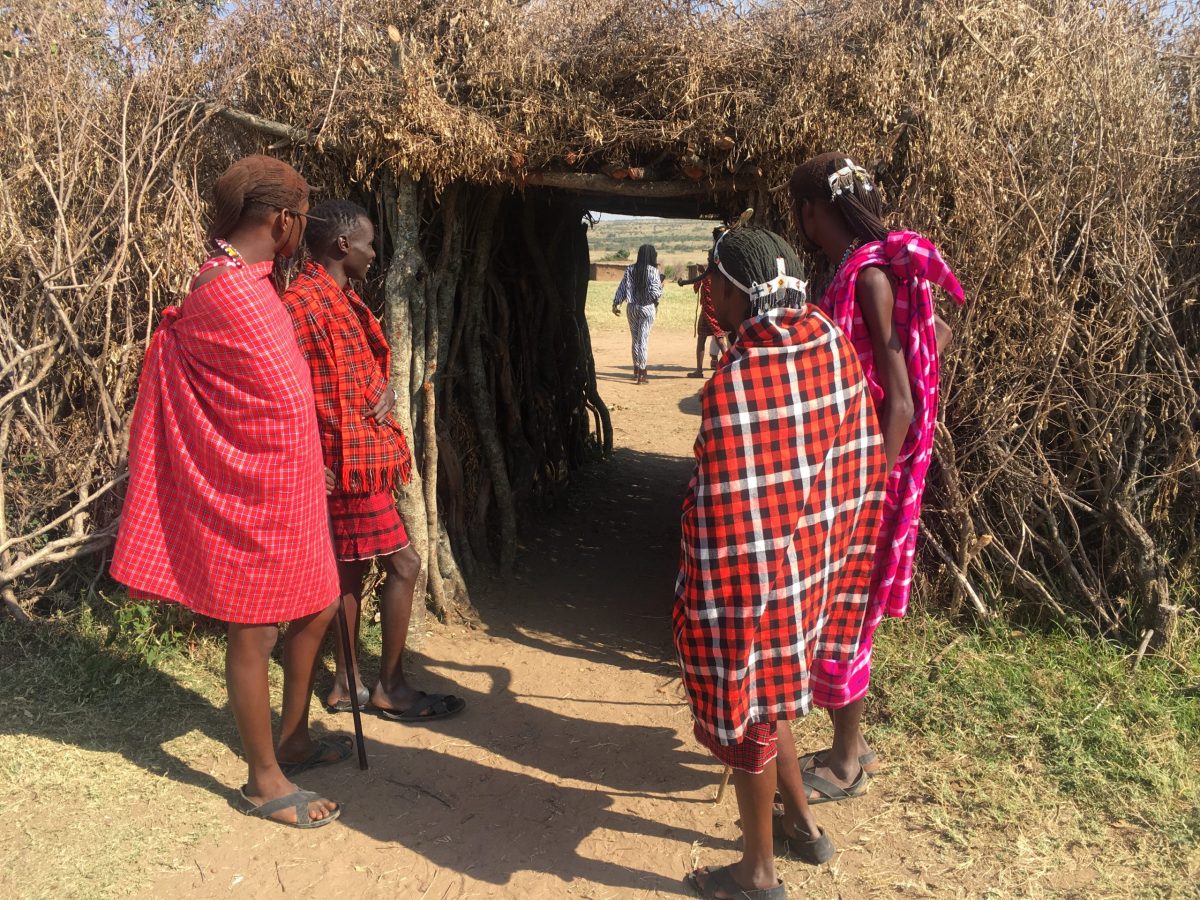
Are Kenya Cultural Safaris Ethical and Respectful to Local Communities?
July 13, 2025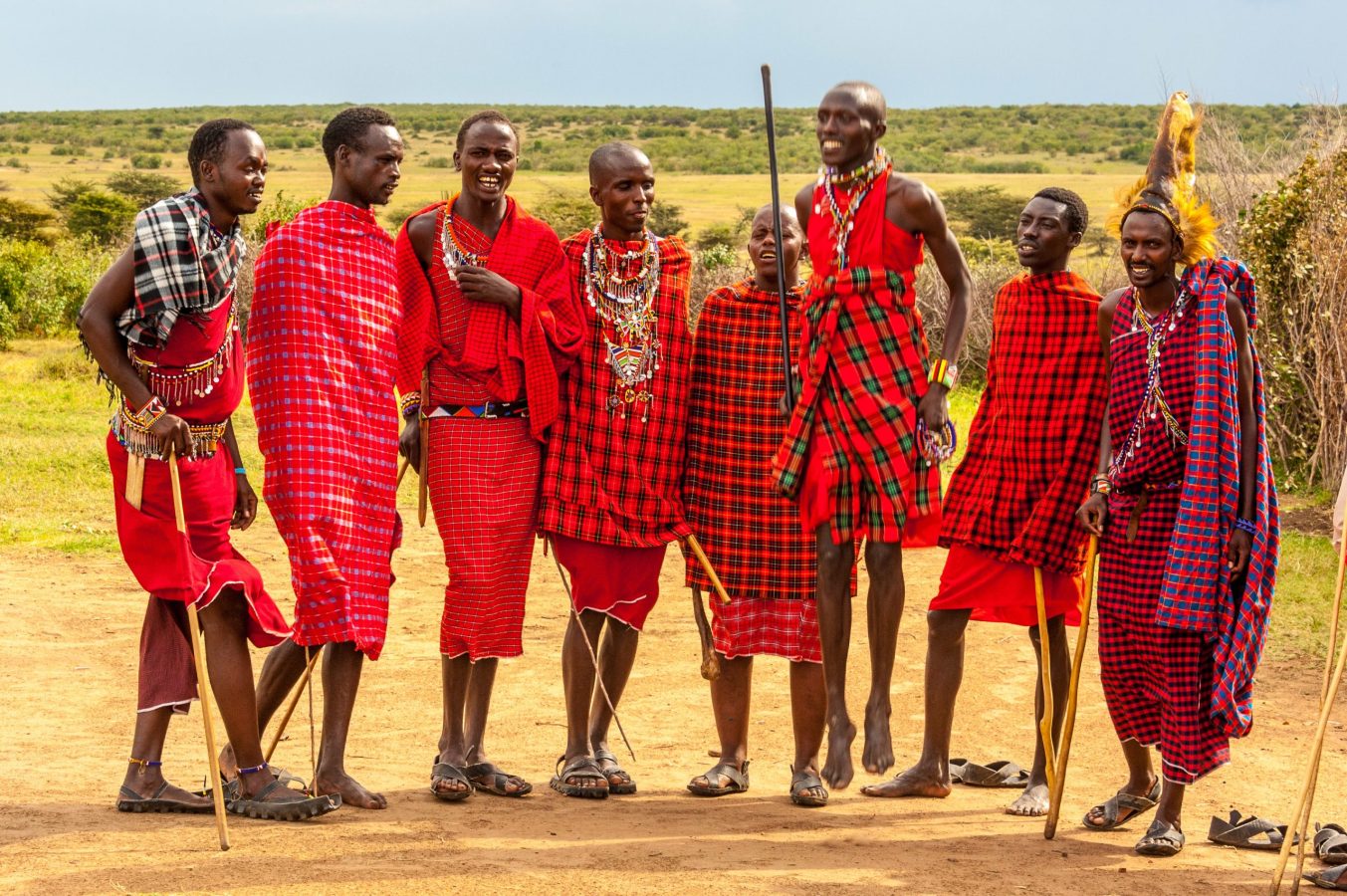
Do I Need a Guide for Kenya Cultural Tours?
July 13, 2025What Should I Pack for a Kenya Cultural Tour?
Are you wondering, “What should I pack for a Kenya Cultural Tour?” As travelers prepare to embark on an unforgettable journey through Kenya’s vibrant traditions, diverse communities, and fascinating customs, packing the right essentials becomes a vital step in ensuring comfort, respect, and full engagement with the experience. At Deks Safaris & Tours, we understand that a Kenya Cultural Safari is not just another vacation—it’s an immersive journey into the heart of East Africa’s living heritage. That’s why it’s essential to pack mindfully, respectfully, and efficiently.
Whether you’re joining a Kenya Cultural Safari Experience in the Maasai lands of the Great Rift Valley, exploring Swahili culture on the coast, or engaging with the Luo communities along Lake Victoria, your wardrobe, accessories, and personal items should reflect both comfort and cultural sensitivity. Packing smartly helps you navigate both modern cities and remote villages while honoring local customs and ensuring you’re well-prepared for each activity.
This comprehensive guide from Deks Safaris & Tours will help you answer the question, “What should I pack for a Kenya Cultural Tour?” It includes detailed recommendations for clothing, footwear, health essentials, cultural respect items, and safari accessories. As a bonus, we also explore how to pack if you’re combining your Kenya Cultural Tour with Uganda Gorilla Trekking, allowing you to optimize your luggage for a multi-country, multi-experience adventure.
Culturally Appropriate Clothing: Dress Modestly and Comfortably
Why Clothing Matters on a Kenya Cultural Safari Experience
One of the most important considerations when preparing for a Kenya Cultural Tour is your choice of clothing. As you’ll be interacting directly with traditional communities—many of whom hold conservative values—dressing modestly is both respectful and appreciated. But modest doesn’t mean uncomfortable. At Deks Safaris & Tours, we recommend packing lightweight, breathable, and modest clothing that allows you to stay cool in Kenya’s varying climates while honoring local customs.
For women, long skirts, loose-fitting trousers, and short- or long-sleeved blouses are ideal. For men, long pants and casual shirts (rather than sleeveless or very short shorts) are preferable. Avoid wearing camouflage print, which is restricted in some regions and may cause confusion with military attire. In many tribal and religious areas, covering the shoulders and knees is seen as respectful and appropriate. A light shawl or scarf is also useful for visiting spiritual or religious sites.
If you’re wondering, “What should I pack for a Kenya Cultural Tour to dress appropriately?”—pack outfits that balance modesty with comfort and adaptability to various activities, from walking safaris to ceremonial dances.
Footwear and Travel Accessories: Stay Comfortable During Exploration
Walking Shoes, Sun Protection, and Essentials for a Smooth Safari
Comfortable, sturdy footwear is a must for any Kenya Cultural Safari, especially if your itinerary includes village walks, artisan visits, farm tours, or market explorations. Bring a pair of well-cushioned walking shoes or sandals with closed toes for uneven terrain. Lightweight, breathable shoes are best for warm climates, while ankle support is recommended for excursions in hilly or rocky regions.
In addition to footwear, travelers should bring sun protection gear: a wide-brimmed hat, UV-blocking sunglasses, and high-SPF sunscreen. Kenya’s sun can be intense, even in cooler highland areas, and protection is essential during long outdoor cultural tours. Other must-have travel items include a reusable water bottle, to stay hydrated sustainably, and insect repellent to guard against mosquitoes, especially in the evenings.
Also, pack a small daypack or sling bag to carry your essentials during daily activities. This helps keep your hands free for photographs, taking notes, or participating in cultural demonstrations. And yes, a camera or smartphone is a must—but always remember to ask permission before photographing people, especially in traditional settings.
So, for anyone asking, “What should I pack for a Kenya Cultural Tour to stay comfortable and well-prepared?”—focus on durability, sun safety, and hands-free convenience for a smooth journey with Deks Safaris & Tours.
Cultural Respect Items: Thoughtful Additions That Show You Care
Small Gifts, Notebooks, and Conversation Tools for Deeper Engagement
The most memorable moments during a Kenya Cultural Tour Experience often happen during personal interactions—sharing a story with a Maasai elder, helping a Swahili cook prepare a traditional meal, or sitting down with children for a bead-making session. These interactions thrive when travelers come prepared with humility, curiosity, and thoughtfulness.
While it’s not necessary to bring gifts, small, culturally appropriate items such as educational supplies (pens, crayons, notebooks), solar flashlights, or simple toys for children can be greatly appreciated in rural communities. However, all gifts should be given through a guide or community liaison, to ensure they are received respectfully and in alignment with local norms.
Another wonderful item to pack is a travel journal or notebook. Cultural safaris offer deep, reflective moments, and journaling your thoughts helps you preserve the emotional and educational richness of the experience. It’s also a great way to record Swahili phrases or local greetings learned during your trip.
So if you’re asking, “What should I pack for a Kenya Cultural Tour to enhance cultural connection?”—consider including items that foster meaningful interaction and show appreciation for the communities welcoming you into their lives.
Packing for a Combined Safari: Kenya Culture and Uganda Gorilla Trekking
If you’re planning to combine your Kenya Cultural Safari with Uganda Gorilla Trekking, your packing list will need to account for both cultural activities and rainforest hiking. The climates, terrain, and activities vary between Kenya’s tribal heartlands and Uganda’s mountainous forests, and packing smart is essential.
For the gorilla trek, pack long-sleeved shirts, long trousers, hiking boots, gaiters, and gardening gloves to protect yourself from dense undergrowth. Rain jackets, moisture-wicking clothing, and insect repellents are a must, given Bwindi’s wet and humid environment. Don’t forget to include a waterproof daypack, a reusable poncho, and binoculars for forest birdwatching.
Luckily, many cultural attire items from your Kenya trip—such as modest clothing and sun gear—can double for Uganda’s cultural encounters or urban transit days. Deks Safaris & Tours ensures a smooth logistical flow, so your cross-border cultural and wildlife safari is efficient, safe, and unforgettable.
So for travelers asking, “What should I pack for a Kenya Cultural Tour when also visiting Uganda for gorilla trekking?”—bring a mix of respectful cultural clothing and rugged adventure gear, tailored to each region’s environment and customs.
What Should I Pack for a Kenya Cultural Tour? Prepare Thoughtfully for a Culturally Rich Safari
To wrap it up, the question “What should I pack for a Kenya Cultural Tour?” is more than just a checklist—it’s a conscious preparation for an immersive, respectful, and transformative travel experience. Your attire, accessories, and attitude all play a role in shaping how you interact with communities, how comfortable you are in diverse environments, and how deeply you engage with the culture around you.
At Deks Safaris & Tours, we guide our travelers not just through breathtaking landscapes, but into the heart of African traditions, ensuring every moment is culturally aware, educational, and ethically crafted. From modest clothing and sun protection to respectful gifts and personal journals, your packing list becomes your passport to genuine connection.
Whether you’re traveling for three days or two weeks, and whether you’re focusing purely on culture or combining it with Uganda gorilla trekking, your preparation reflects your respect for local traditions and your readiness for life-changing encounters. We invite you to pack not just with your hands, but with your heart—and embark on a journey that celebrates the stories, songs, and spirit of East Africa.

